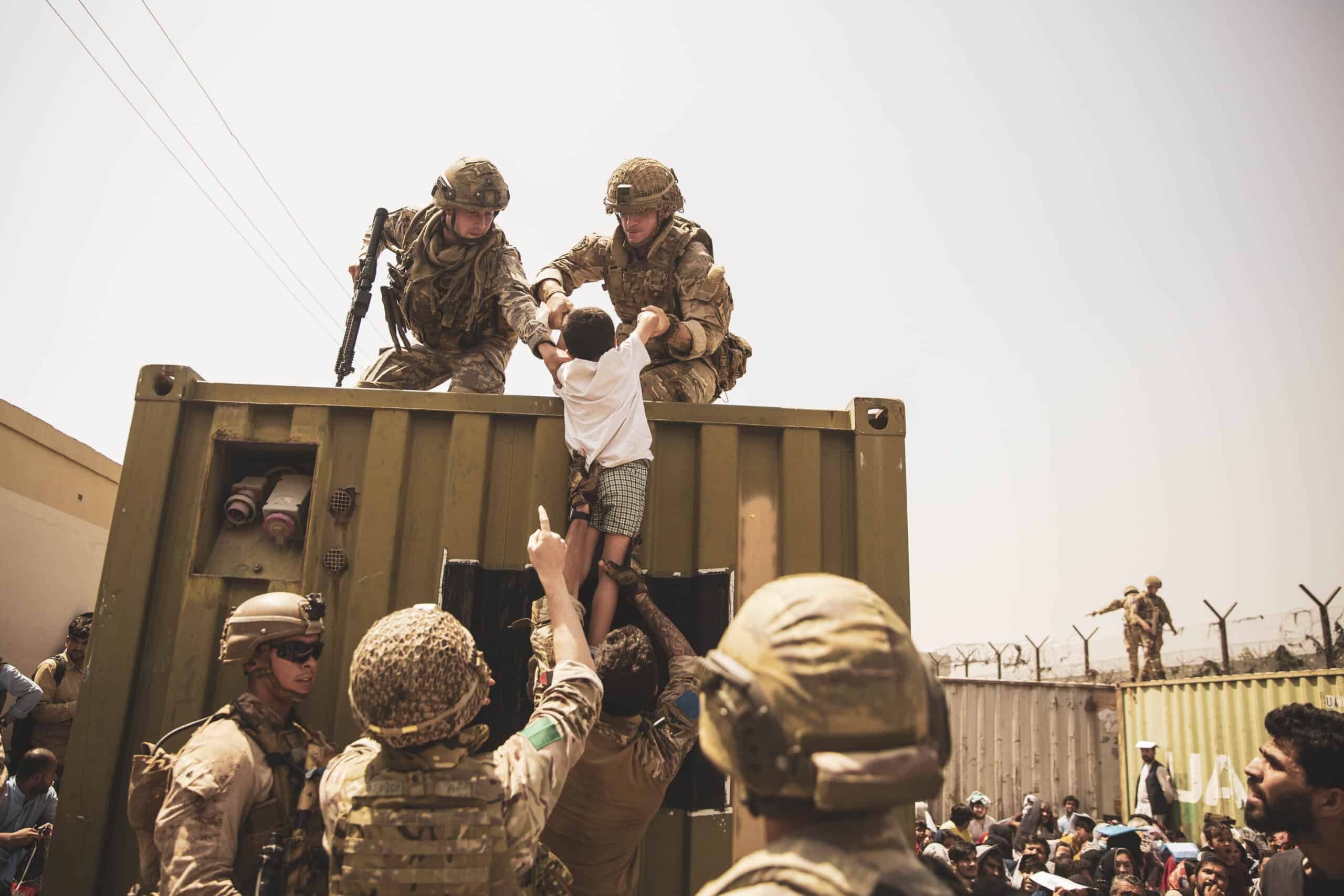Update: The federal charges against Abdul Wasi Safi have been dropped following months of bipartisan congressional effort and public outrage . An assistant U.S. attorney asked a judge this week to dismiss the case “in the interest of justice.”
The story of two Afghan brothers, Abdul Wasi Safi and Sami-ullah Safi, highlights the intersection of two American failures – the U.S. war in Afghanistan and its immigration system. Abdul Wasi Safi worked as an officer in Afghanistan’s special forces, alongside U.S. troops, fighting the Taliban. However, when the U.S. military suddenly exited the country, leaving the Taliban to take control, Abdul Wasi Safi and many others like him were left behind. They were not paid by the U.S. government and were unable to get visas to escape. The Taliban hunted them down, and many went into hiding or fled.
A former lieutenant and intelligence officer in Afghanistan’s elite special forces, “Wasi” had fought alongside American soldiers in Afghanistan’s 20-year war. When he arrived at Eagles Pass, he expressed his fear of being returned to Afghanistan. His older brother, Samiullah Safi, a former interpreter for the US military who is now a citizen living in Houston, is calling for Wasi’s release from federal custody so he can live in Houston with him while he awaits a hearing on his asylum claim. Samiullah is urging the Biden administration to acknowledge Wasi’s service and demonstrate what America stands for by never leaving its allies behind.
Abdul Wasi Safi went on a harrowing journey across two continents. With the help of multiple veteran groups, Abdul Wasi Safi was able to initially escaped to Pakistan. However, the conditions upon arrival where almost as dangerous as Afghanistan itself, with reports that Pakistan officials where working with the Taliban to identify, detain, and ultimately disappear former Afghan military personal. After reaching Brazil, Wasi tracked through treacherous jungles, and across multiple borders to finally arrive at his final destination, the U.S. He crossed the Rio Grande, and after helping women and children make their way across deeper water, was charged with a federal crime for illegally entering the country.
The story highlights the difficulties faced by many Afghan citizens who worked alongside U.S. troops during the war and are now at risk of retaliation from the Taliban. While the U.S. government issued special visas to over 34,000 Afghans who qualified for various reasons, including those who worked as interpreters for U.S. special forces, many more like Abdul Wasi Safi were left behind.
Abdul Wasi Safi was charged with a federal misdemeanor for failing to present himself at a port of entry with paperwork proving he was allowed to be in the U.S. He was denied bond despite his brothers desire to house him while he awaited trial, and was transferred to an immigration detention center in Eden. His brother is working to help him find immigration attorneys and has reached out to Texas members of Congress for help with his brother’s case. However, he has faced challenges, with some representatives unable to intervene after the case has been referred to the courts.
The story of the Safi brothers highlights the need for the U.S. government to address the challenges faced by those who helped U.S. forces during the war in Afghanistan, and has led to many veterans’ groups, including Crenshaw and Waltz, calling on President Biden to grant Safi parole.
The fact that Safi is being treated differently from other migrants who did not serve alongside the United States has led to some calling this situation a “direct assault” and a “betrayal,” to Afghan Allies.






